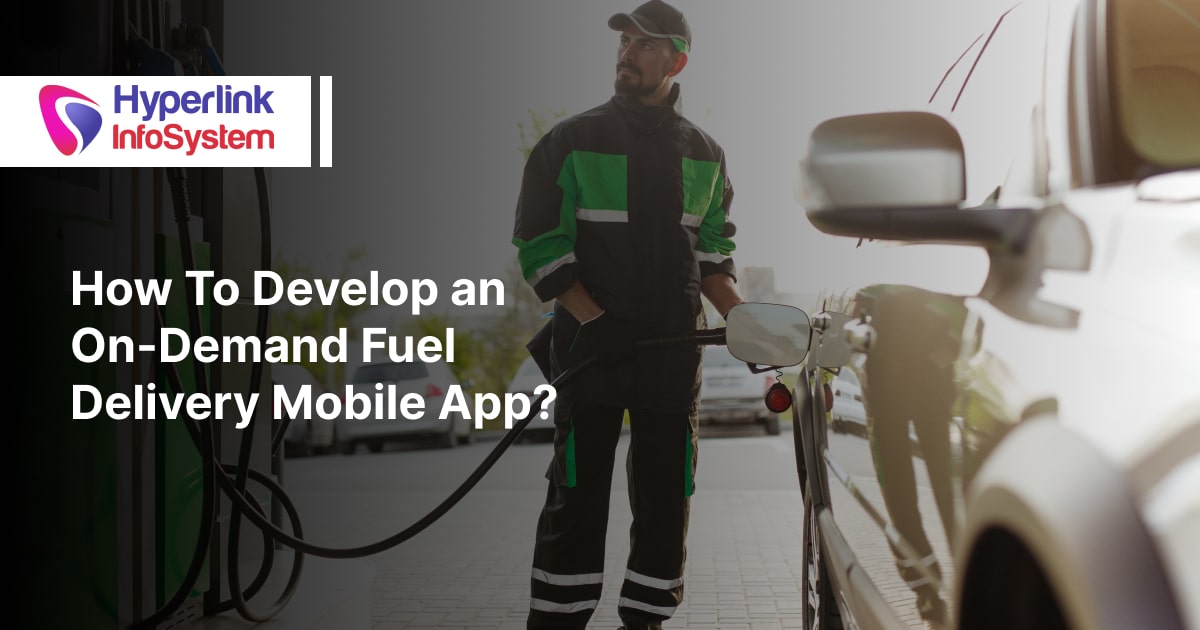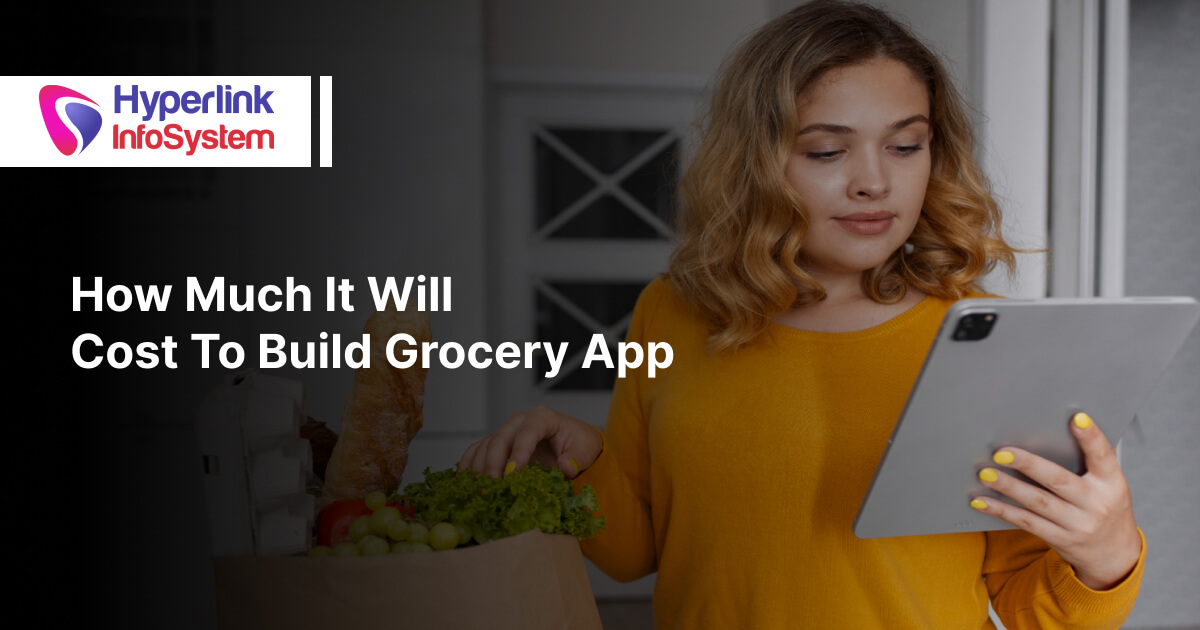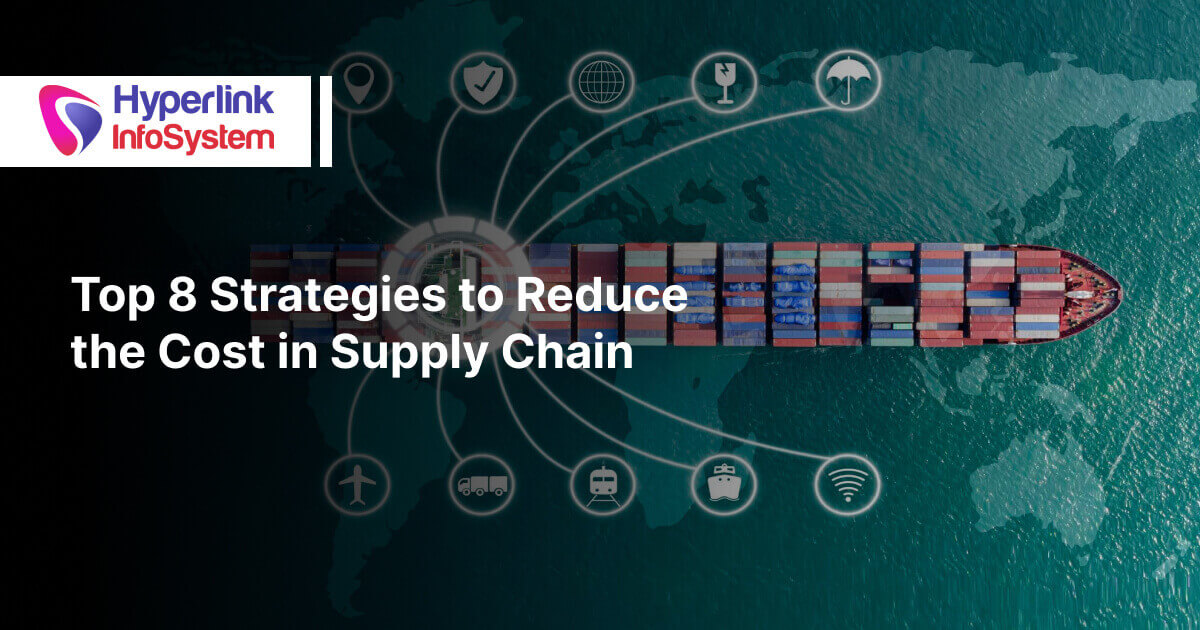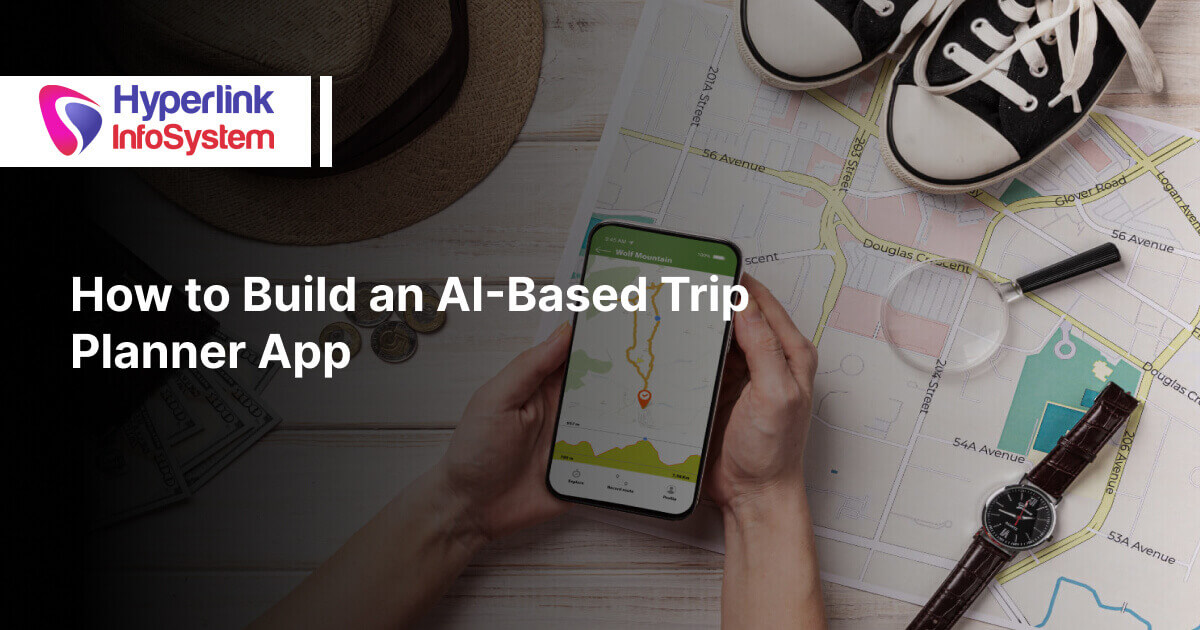On-demand services have enabled drastic transformations for a myriad of industries in a short span of time. The easement, facilities, and amenities of such solutions have actively garnered a global audience pretty quickly. Taking advantage of this expanding trend, the fuel delivery industry has not shied away from the fruit it produces. On-demand fuel delivery is still a pretty fresh domain in the market but is making disruptions in the current business scenario.
Fuel delivery applications, or the mobile gas delivery industry, are currently experiencing leaps and bounds of growth due to their convenient business model and reasonable investment opportunities. According to market statistics, global fuel delivery is expected to touch a staggering amount of $15 billion valuation by the year 2032.
The on-demand fuel delivery market will demonstrate a 17% CAGR in the coming decade. In the following blog, we'll examine the need, benefits, possible mobile applications, and more opportunities present in mobile gas refill solutions. Read on to learn all about it.
What Is An On-demand Fuel Delivery App?
An on-demand fuel delivery app is a scheduling-style service that enables users to obtain petrol as they need right into their vehicle's tank- anytime, anywhere. Many companies have now turned into giant enterprises by simply providing fuel delivery across regions at scheduled times. You can start by simply registering your profile, signing up, and logging in to the app. The app will take care of the rest from there onwards.
Such apps help the user stay alert about their fuel consumption, and unexpected needs, track their delivery status, and productively plan their time and resources by not waiting in long lines at gas stations.
Many fuel delivery business apps allow you to choose the amount of gasoline, type of fuel, time scheduling, and zipcode-based location for a hassle-free delivery experience. These services help reduce long gasoline queues and utilize their time on more productive things.
On-demand gasoline delivery services are very beneficial for people who get stranded in remote areas due to a sudden lack of fuel.
How Does an On-Demand Fuel Delivery App Work?

Oil and gas delivery apps and on-demand fuel delivery solutions can be termed as an Uber service but for fuel. Fuel delivery apps enable quick deliveries to precise GPS-marked locations. Let's check out the steps involved in the operation of your generic fuel delivery app:
-
Create In-app Profile
In order to schedule fuel deliveries via apps, customers have to first download and install the app from either the App Store or Play Store. There, you have to start by filling in basic information such as name, phone number, email address, official address, permanent or residential address, type of vehicle, and fuel required. You can also add your banking details to your fuel delivery business app to speed up the delivery process.
-
Enable Location Sharing
Inside each of the fuel delivery applications, sharing your live locations as per zipcodes or areas helps in determining your whereabouts and whether or not refueling services are available.
Most popular apps have the option of choosing flexible slots for scheduling their fuel supply. Sometimes there's also an option to type in addresses manually to locate themselves if not found via GPS or wifi.
-
Make Delivery Request
The user starts by raising a request for fuel delivery by entering accurate vehicle details to determine the type of fuel and quantity required. All trucks available in the vicinity are alerted about the requirements, and the driver accepting them first gets the order.
-
Confirm Delivery
As soon as your local vendor gets the fuel request, the delivery process starts. The delivery vehicle reaches the requested location using the in-app maps for quick tracking. After the driver arrives, they start filling the gas tank, following all safety procedures and protocols to ensure a safe and smooth delivery. After concluding the refueling request, the user chooses their payment method and completes the transaction.
-
Invoice and Feedback
After delivering the fuel, the users get a copy of their bill and a push notification alerting them about the successful delivery. Post this, and users are also asked to post reviews and leave comments and feedback to rate the overall satisfactory level of the service.
Benefits of Having an On-Demand Fuel Delivery App

The introduction of on-demand fuel delivery software on the market has prompted people to get their fuel refilling needs met from the convenience of their own homes and time. Businesses have nurtured profits and are working on innovative methods to make these apps more efficient.
-
Time-Saving
Most app development companies collaborating with fuel delivery businesses agree with the fact that eliminating the need to visit gas stations is the biggest pro of this solution. Users are shifted to allocate their time to more valuable activities, meaningful, resting, or spending more time with their people.
-
Prompt Emergency Response
On-demand fuel delivery eradicates the fear that comes from running out of fuel in rural or remote areas where there are no nearby gas stations or rest areas. Furthermore, hauling or ferrying extra fuel is extremely hazardous due to its explosive properties, but fuel delivery apps allow on-demand supply within a few clicks.
-
Boosting Accessibility
Most fuel delivery apps offer live tracking of their trucks by leveraging GPS capabilities. This helps them check the truck's status or calculate any potential delays. It also allows clients to plan their timing accordingly so they can focus on or plan their additional tasks before fuel refilling.
-
Confirming Quality
On-demand delivery businesses ensure hygienic, high-quality fuel by utilizing double-filtered oil that's cleaned frequently. This ensures that your clients receive good-quality gas.
Also Read, On-Demand App Development: Features, Process, And Cost Estimation
Must-have Features of Fuel Delivery App
Before we lay out the features for fuel delivery, it's vital to understand that any on-demand fuel delivery shall have a specific set of panels with distinct functionalities. Most of them include the basics, i.e., the user panel, vendor panel, and driver panel.
-
User Panel
The user panel is the main prototype visible to your customers on their screens. A major focus for this panel is to meet your app's problem/solution statements while also providing an immaculate user experience. These are the things to include:
User Profile: Users get the liberty to register themselves on the app or utilize social networks for logging in, to use their custom profiles with unique features.
Searching Location: Enabling GPS or manually map-based location searching helps users accurately explore nearby fuel delivery chains and suppliers.
Customer Dashboard: Users have complete control over their data and usage statistics based on their registered vehicles, fuel order history, adding/removing payment methods, addresses, and more.
Fuel Type & Delivery: These features let customers select their choice of fuel, input quantity, and choose their specific location using integrated Google Maps to efficiently place orders.
Tracking & Booking: Customers have the liberty to manage their orders by checking their booking details and tracking the delivery person's station all inside the app panel.
-
Vendor Panel
The vendor or supplier panel helps fuel delivery dealers monitor, manage, and track future orders, list active drivers, current delivery stats, and others. Your vendor panel should be loaded with the following features:
Vendor profile registration: Suppliers or vendors should be able to officially register their stations with legal documentation. This helps vendors get access to a completely customized dashboard, manage drivers, modify delivery data, and track upcoming orders.
Add fuel vehicles and drivers: This feature encourages vendors to upload only relevant information about available vehicles. And, with the multiple drivers feature, vendors have the flexibility to add, modify, remove, and update driver information as required.
Availability Configurations: Suppliers get the liberty to customize their fuel data, alter pricing, check stock availability, and modify cancellation policies for better transparency.
Requests and booking: Vendors should be able to accept or reject customer requests, along with complete access to booking details. This helps track new requests and any canceled or active reservations.
-
Driver Panel
The driver panel is the easiest of all panels, it helps drives manage their profiles, apply for verification, track assigned deliveries, and locate users.
Registration: Drivers can register their profile in the app with all documentation such as licenses, previous experience, family background, etc.
Driver Dashboard: Drivers have the flexibility to manage their booking approval requests, and track current bookings, and associated incomes.
Navigation: Drivers are provided with in-built maps for convenient travel and quick navigation to reach customers on time.
A Step-by-Step Guide to Developing an On-Demand Fuel Delivery Mobile App

In a world where everything is fast-paced, convenience is on top priority, and on-demand services are the next IT thing, fuel delivery is one such service that has boomed pretty high in the charts. With an increase in smartphone technologies, the option to develop your app is no longer just a vision. Fuel delivery apps have been all the rage since their inception, and here are the steps to follow before you approach any mobile app development company or hire dedicated developers:
-
Research and Planning
Before focusing on mobile application development, it's important to conduct a thorough market analysis to comprehend the requirements of on-demand fuel delivery services near your region. You can utilize this information to create brand USPs, build a solid business strategy, cross-verify competitor offerings, and build an app roadmap.
-
Features and Functionality
After identifying your target market and goals, you need to integrate key features like user registrations, location-based specific fuel deliveries, choosing the type and quantity of fuels, live fuel delivery tracking, multiple payment gateways, push notifications, and service ratings.
-
UI/UX Design
This is an extremely important step in the mobile application development process, especially if you're opting for a solution in the fuel delivery business. Your on-demand fuel delivery app needs a user-friendly interface that is built with clear calls to action and comfortable navigation panels. Most app development companies concentrate on building a streamlined and frictionless user experience, from fuel ordering to delivery.
-
Development and Testing
Before diving into the basics, it's also important to select the right tech stack for fuel delivery app development. Have a concise idea about your platform, database management systems, third-party integrations, and overall backend infrastructure. After finalizing the specs and design features, the development and testing process starts. It's important to hire application development specialists to help you with rigorous testing and bug identification before launching and marketing the app to the public.
-
Monitoring, Marketing, and User Feedback
Post-deployment, testing, and the launch of your on-demand fuel delivery app on your choice of platform, a comprehensive marketing campaign is mandatory to promote the app and garner your target audience. After this, it is important to closely monitor your app's performance, and test it among users for honest feedback. These steps are needed to determine areas for improvement, conduct continuous iterations, and add updated features to keep your users engaged and drive success.
Fuel Delivery App Business Models
Choosing the best app development companies or hiring dedicated developers for your on-demand fuel delivery business is paramount for its success. Hence, choosing the appropriate business models for on-demand fuel delivery apps is a must-know. Check out the available options below:
-
Fuel Delivery Services
Fuel companies or startups can begin their on-demand fuel delivery services by providing door-to-door delivery of fuel. It will be similar to ride-hailing apps like Uber, only for fuel. Approach a smart and experienced mobile app development company like Hyperlink InfoSystem to deliver a custom fuel delivery app that'll help with making fuel deliveries.
-
Fuel Delivery Aggregators
On-demand fuel delivery apps provide an immaculate opportunity for entrepreneurs in the fuel industry to increase their revenues. Establishing an on-demand platform for fuel delivery with an accurate strategy is crucial to mention during your fuel delivery app development process. Aggregators help on-demand delivery platforms connect with fuel delivery dealers, suppliers, and distributors towards end customers for convenience and precision.
Conclusion
Building any on-demand fuel delivery app needs months of proper planning, an experienced application development team, and a versatile mobile app development company. On-demand fuel delivery applications render a lucrative potential to capitalize on the continuously growing market demand. By following the above steps and also understanding the market statistics, scenario, and competitive factors, you can stack up the right technologies and strategies to create a functional app. Your app needs to meet the changing needs of modern customers and also drive profitable growth over time.
If you're looking to revolutionize the fuel industry with your custom fuel delivery software or fuel delivery app ideas, then Hyperlink InfoSystem is the one for you. Being a top app development company, their team of dedicated app developers understands exactly how an on-demand fuel delivery app works. They prioritize user experiences, follow compliance, increase security measures, and turn your vision into a flourishing business that ignites convenience for customers and profits for you.
 +1 309 791 4105
+1 309 791 4105





















































 +91 8000 161161
+91 8000 161161
